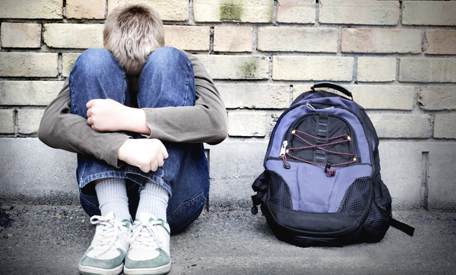
What is Bullying? – Understanding Bullying in School Settings
Definition and Description
What is Bullying? Bullying is a form of aggressive behavior that is intentional, involves an imbalance of power, and is repeated over time. It can take various forms, including:
* Physical bullying: Hitting, kicking, shoving, or other forms of physical harm.
* Verbal bullying: Name-calling, teasing, spreading rumors, or making threats.
* Social bullying: Excluding someone from a group, ignoring them, or spreading rumors to damage their reputation.
* Cyberbullying: Using electronic devices to bully someone through text messages, social media, or other online platforms.

Psychological Impact
Bullying can have devastating psychological effects on victims, including:
* Low self-esteem and confidence
* Anxiety, depression, and other mental health issues
* Physical health problems, such as headaches and stomachaches
* Difficulty concentrating in school
* Avoidance of social situations
Contributing Factors
Factors that can contribute to bullying in schools include:
* Individual factors: Aggressive personality traits, low empathy, and a lack of social skills.
* School factors: A lack of supervision, a culture of tolerance for bullying, and a lack of clear consequences for bullies.
* Community factors: Poverty, violence, and other social problems can create an environment where bullying is more likely to occur.
Role of Teachers and Parents
Teachers and parents play a vital role in combating bullying in schools. Teachers can:
* Establish clear rules and expectations against bullying.
* Monitor students for signs of bullying and intervene immediately.
* Create a positive and supportive classroom climate where students feel safe and respected.
* Educate students about the harmful effects of bullying.
Parents can:
* Talk to their children about bullying and let them know that they are there to support them.
* Encourage their children to report any incidents of bullying to a trusted adult.
* Help their children develop social skills and empathy.
* Set a good example by treating others with respect.
Effective Prevention and Intervention Strategies
Effective strategies for preventing and addressing bullying in schools include:
* School-wide programs: These programs focus on creating a positive school climate, teaching students about bullying, and providing support for victims.
* Individual interventions: These interventions focus on working with individual students who are involved in bullying, either as victims or perpetrators.
* Parent involvement: Parents can play a vital role in preventing and addressing bullying by talking to their children about it, supporting victims, and reporting any incidents to the school.
By working together, schools, parents, and the community can create a safe and supportive environment where bullying is not tolerated.
Now you know what bullying is you need to speak up if you witness bullying.

